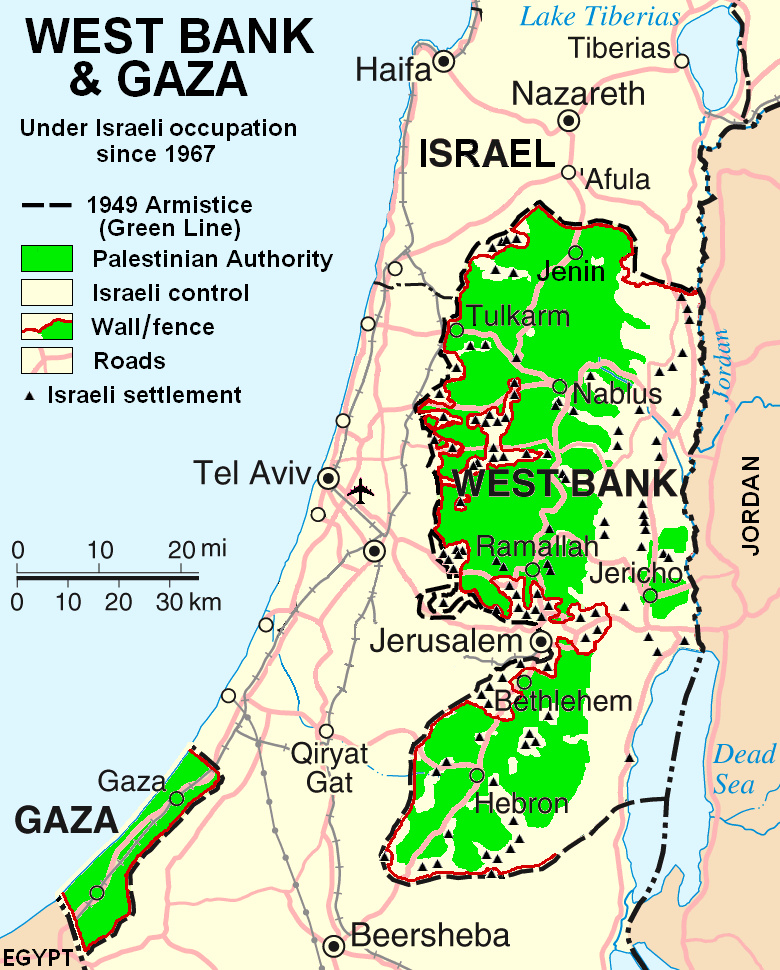By Cynthia Moberly, News Editor
CNN Correspondent Phil Black said, “The Palestinians continue to speak about Jewish occupation, oppression and aggression as being the root causes of this continuing violence.”
The Israeli position, however, claims that Palestine has a “culture of indoctrination and incitement,” according to Black, meaning that Palestinians are programmed from a young age to inflict violence on Jews.
Danny Danon, Israel’s ambassador to the U.N. agrees with Black. When asked what he believed to be the root of the problem, Danon listed a number of things that affect Palestinian children, including their education and the shows that target young children on Palestinian television. “I think they should leave the children out of this conflict. They should speak about peace. Yes, we have disagreements, we should negotiate those disagreements, but not sending kids to stab Jews.”
Unfortunately, everyone is a target; men, women and children…when you board a bus, you’re afraid to stay on the bus.
Danon suggested that not only are the children being forced into committing atrocious acts, but are being brainwashed into thinking they are good. “You hear about the people who are willing to commit suicide attacks against Israelis,” Danon said, “When a child lives in such an atmosphere, he wants to be involved.”
Danon also wants to be clear that anyone could be targeted in this great, widespread violence.
“Unfortunately, everyone is a target; men, women and children…when you board a bus, you’re afraid to stay on the bus,” said Danon, “We see the stabbings, we see throwing rocks and we are worried about it.”
In response to many attacks, the Israeli government has implemented many new measures to protect their citizens, including imposing stricter security procedures and locking down neighborhoods. Jerusalem Mayor Nir Barkat even urged licensed Israeli gun owners to carry their weapons to assist in defending innocent civilians. Many new roadblocks and checkpoints have been placed in Palestinian sections of Jerusalem.
According to CNN, many violent events have occurred in the Palestinian neighborhood Isawiyya since Oct. 3, when a 19-year-old from the neighborhood was killed by Israeli police after allegedly stabbing a Jewish boy. The people of the neighborhood that have not been involved in the violence are feeling the pressure of the authorities.
Despite having 3,500 officers patrolling Jerusalem, these sort of attacks have not stopped. Although many people from both sides disagree passionately about the numbers, CNN reports that somewhere around eight Israelis have been killed in more than 20 stabbing attacks and at least 34 Palestinians have been killed by Israeli fire since September, including 17 supposed attackers.
There have been two organized uprisings by Palestinians against Israeli occupation in the 1980s and early 2000s. According to BBC, many people are questioning whether this is the next “intifada” or “uprising”.
BBC also reports that US Secretary of State John Kerry is scheduled to meet Israeli and Palestinian leaders sometime this week amid this surge in violence.


